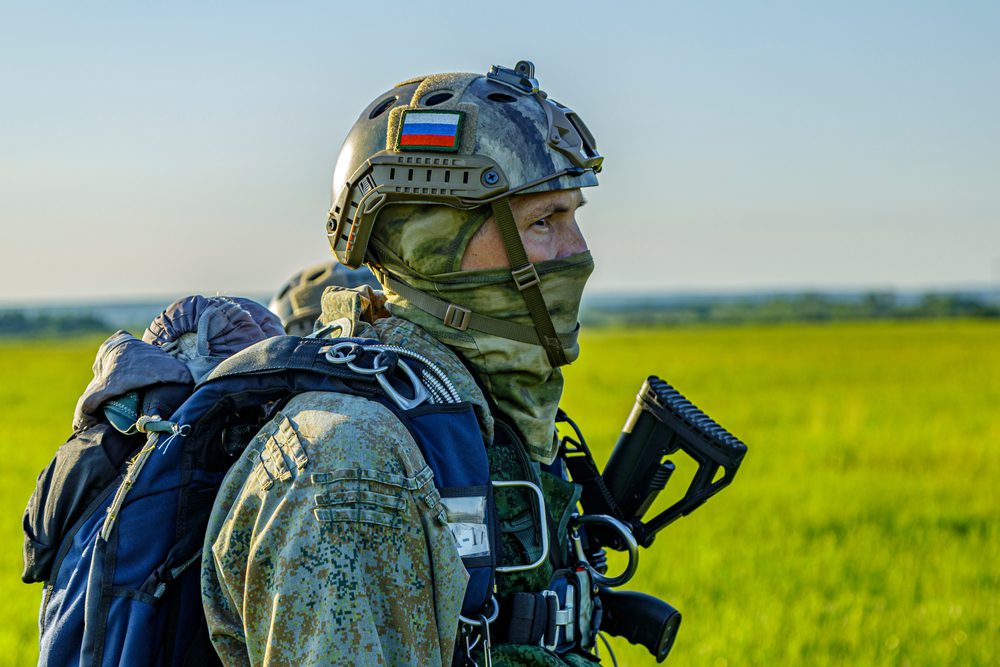
Starting in 2014 at least three different Russian research organisations, sanctioned for their links to the Russian military, received at least €4 million worth of EU funding. In addition, the grants were made despite Russia’s invasion of Crimea in 2014. The money was disbursed under the Horizon 2020 scheme, designed to financially assist scientific research and collaboration. The revelation came to light in a response to a parliamentary question by AfD MEP Nicolaus Fest.
The beneficiaries of the funding are the Central Aerohydrodynamic Institute, the Boreskov Institute of Catalysis, and the Moscow Institute of Physics and Technology, all of which have been sanctioned for their links to the Russian military.
The Central Aerohydrodynamic Institute was the largest Russian recipient of Horizon 2020 funding. It received just over €2.5 million for 16 aviation-related projects, ranging from cockpit technology to reducing aircraft noise.
The Boreskov Institute of Catalysis, which specialises in developing catalysts, received €1.4 million for its role in five projects, while an undisclosed amount of money went to the Moscow Institute of Physics, which the U.S. State Department accused of having a direct role in the design and production of drones currently deployed in the war against Ukraine.
A fourth organisation, the Sukhoi Civil Aircraft Company, participated in one EU project relating to aerospace technology. While it did not receive any funding, according to records supplied by the EU Commission, participants were able to access the latest EU technological expertise and best practices, and regularly attend industry seminars.
The scheme ran from 2014 until 2020, during which Russian projects received €14.1 million in funding. A total of €95 billion was disbursed to all participants through the programme.
In March 2022, the European Commission announced that they would cut ties with all existing Russian projects under the Horizon 2020 scheme along with grants tied to its successor Horizon Europe programme.
Under the current EU sanctions regime, all grant agreements with Russian institutions, military or not, are suspended, including the EU atomic agency, Euratom, which has a blanket ban on research collaboration across the bloc.
In a statement to The European Conservative, Nicolaus Fest, the MEP who posed the question, summed up the significance of the funding.
The damage is already done—the EU has already helped to load Russian artillery with European shells.
The European Commission replied to a request for comment, stating that while the aforementioned Russian organisations did participate in Horizon 2020, they had no evidence of them receiving funding, contrary to the answer given to the parliamentary question.
